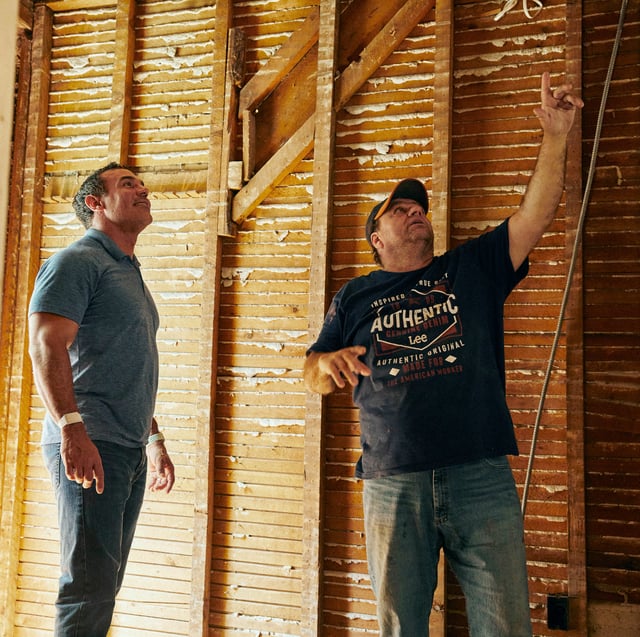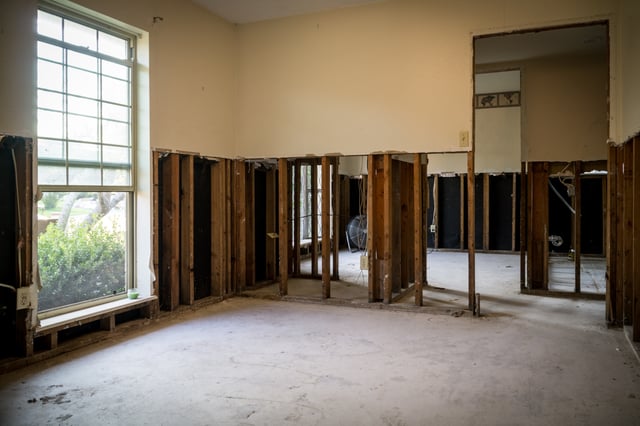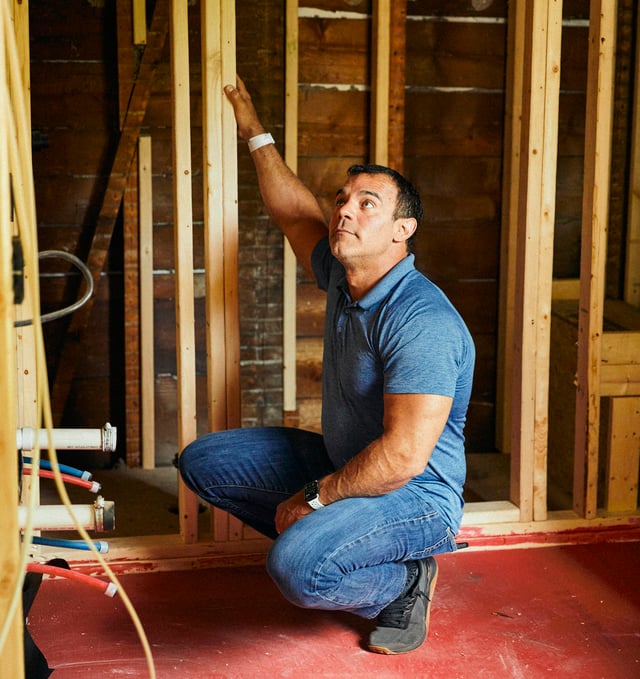
Seismic Retrofitting and Remodeling Your Home With Earthquake Safety In Mind
04.06.2024

01.11.2019
Before any renovation work is done on your home, you should have everything spelled out with your general contractor ahead of time. No matter what the project, your agreement with your contractor needs to be more ironclad than a handshake to protect you and your home from shoddy work.
Any general contractor agreement will need the following elements laid out so you can feel confident that the project will be as stress-free as possible.
The first thing to look for applies to the agreement as a whole. That is, both parties need to understand what is being agreed to. The document doesn’t need to include any incomprehensible legalese to be official. It just needs to clearly state the expectations you and the general contractor are agreeing to over the course of the project. Nothing should be taken for granted.
It seems like a no-brainer, but it must be said. Your agreement has to include your general contractor’s name, phone number, and physical address. While it’s not a pleasant thought, disputes can happen. If you need to serve a subpoena, you need your contractor’s physical address. A P.O. box won’t suffice.
In addition to that the contractor’s contact information, you should also have the contact information of your contractor’s insurance company, along with the contractor’s account and license numbers. Make sure your contract stipulates that the contractor must provide proof of all required insurance. Licensing requirements vary from state to state, so research your local regulations to ensure you understand what your contractor must provide.
In detailing the scope of your renovation, you’ll need to agree not just on the big picture, but also on the individual steps that will be taken. What will be demolished and removed, what will be installed, and what will require finishing work. You’ll also need to clearly establish what kind of materials will be used.
To ensure you get the quality you’re looking for, you need to include details like the manufacturer and brand name, dimensions like size and weight, the color and style of the materials, and the quantity of each. Remember to work add allowances to the quantity of each material; mistakes can happen along the way, and you’ll want to know you have enough material to finish the job to your preferred standard.
Your payment schedule can take many different forms, depending on what you and your contractor prefer. Some contractors will ask for half of the total payment up front. Others will stagger payments at selected intervals throughout the project. Whatever schedule you agree up, make sure it is laid out in full, from the first to last exchange of money.
Another schedule you’ll need to know involves the project’s timing. An agreement should clearly state the start date of the project, along with the approximate length of time it will take to complete the project. Contractors often have other projects that they’re working on, which can lead to conflicts with your project. The schedule will keep your contractor accountable to you.
Contractors often put a builder’s lien on your property at the start of the project. This legal claim on your property is typically done to ensure you pay for the work done. Subcontractors might also put a lien on your property to ensure the contractor pays them. As each subcontractor completes their work, make sure you get signed waivers by all parties. Then, get a final release and waiver from the contractor once the project is completed.
A smaller detail that makes a big difference regards how the work area will be cleaned. Work out details such as the need for workers to clean up at the end of each work day, establishing who is responsible for removing debris from the workspace, and what is deemed sufficient removal (i.e., is there a designated space in your apartment building to dispose of it, or must it be taken off-site?).
Another aspect to spell out on your agreement is whether or not workers can use your home toilet, store food in your fridge, or do any other activity in your home that you feel needs clarification.
The contract isn’t official until both parties sign it. Make sure the dated signatures of you and your general contractor are included on the form.
Ultimately, the specifics of what you should look for in a general contractor agreement depend on what you want spelled out. Above all, laying out terms in the clearest language possible will set expectations and allow for a smooth renovation.
Renovate confidently with Block. Easily compare quotes from top quality contractors, and get peace of mind with warranty & price protections.

Seismic Retrofitting and Remodeling Your Home With Earthquake Safety In Mind
04.06.2024

Steps to Take After a Fire: Renovating Your Damaged Home
01.31.2024

Steps to Take After a Flood: Renovating Your Damaged Home
01.31.2024

Balancing Costs and Dreams When Buying a Fixer Upper Home
01.04.2024

The Complete Guide to Deck Replacement or Installation Costs in 2024
01.01.2024